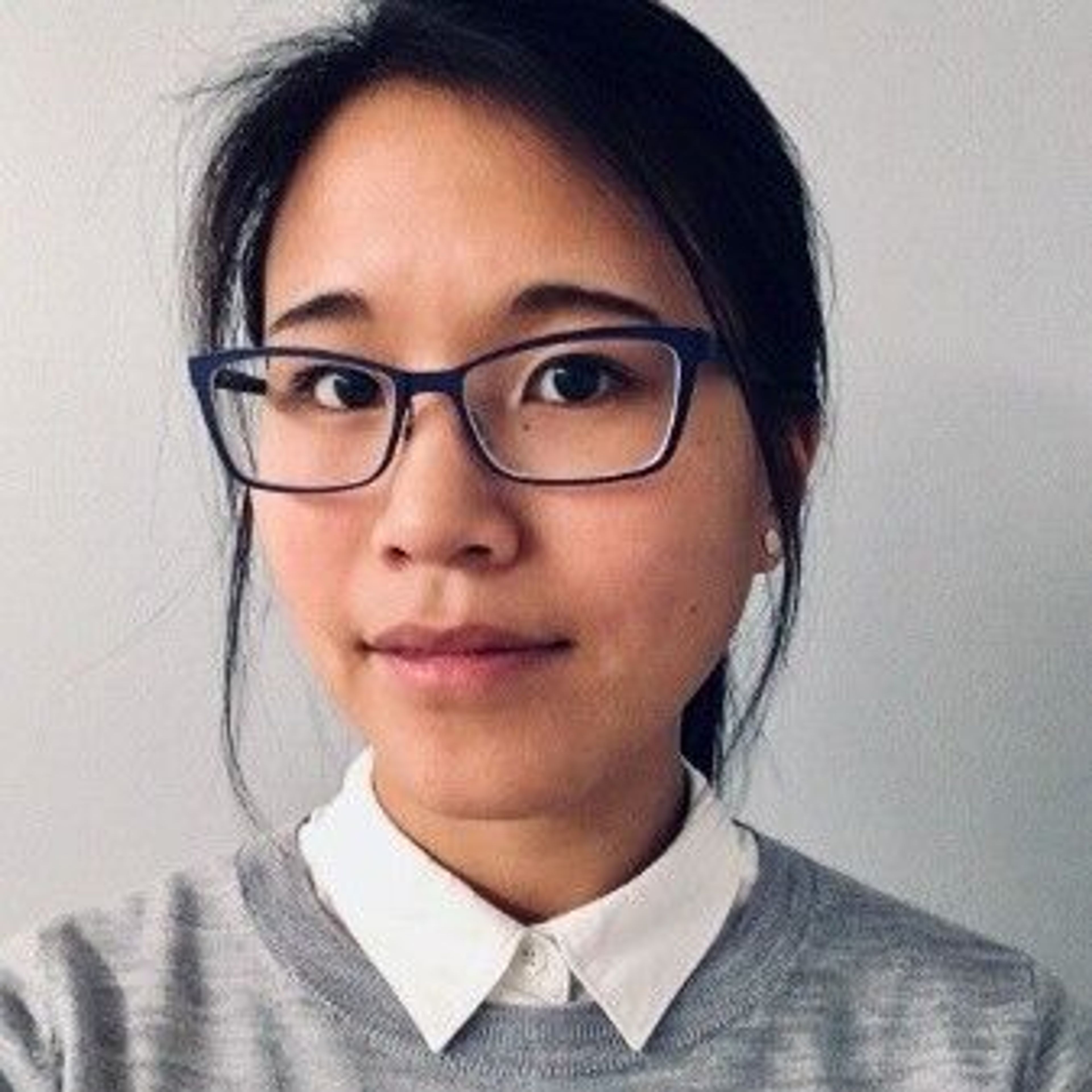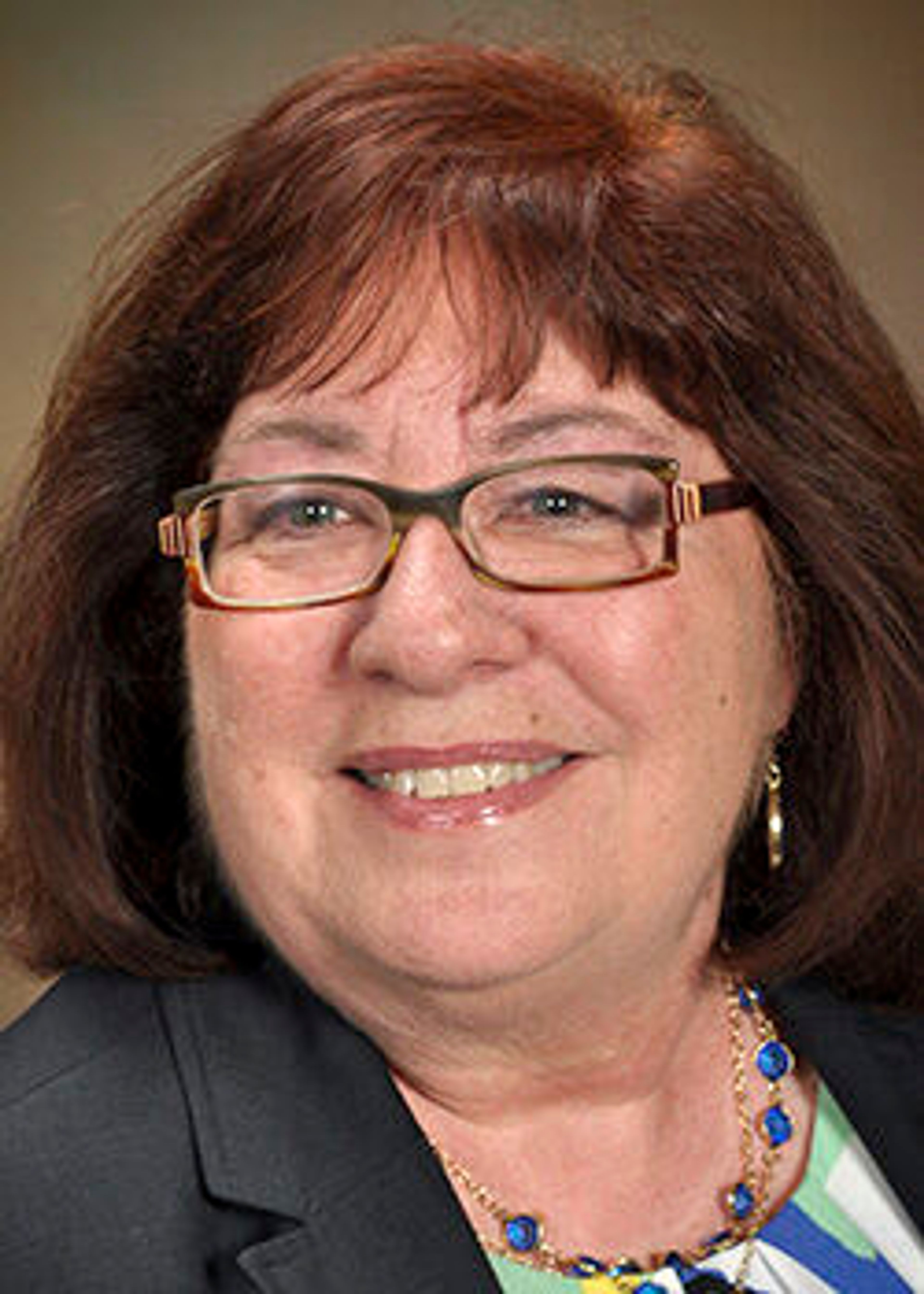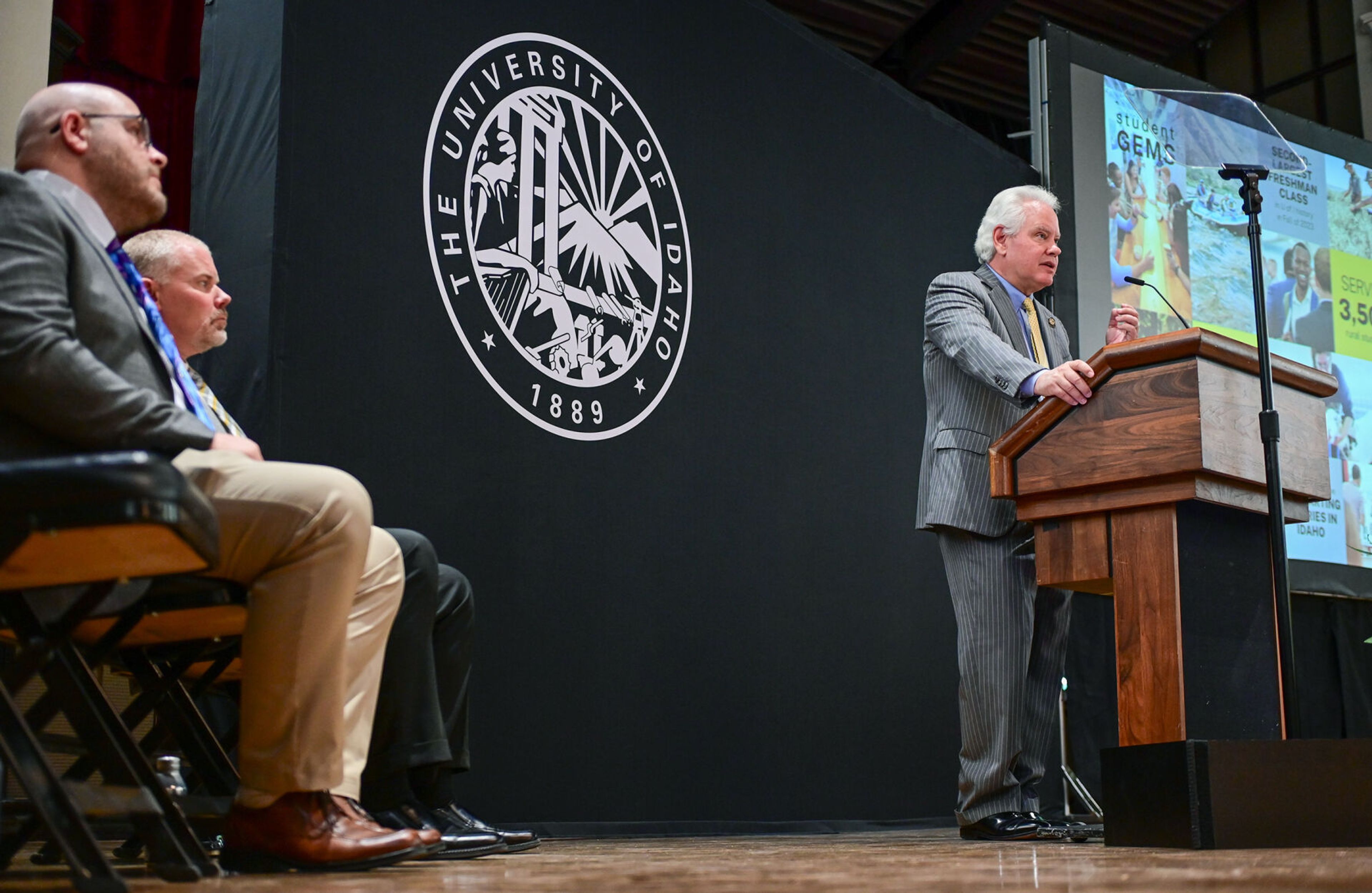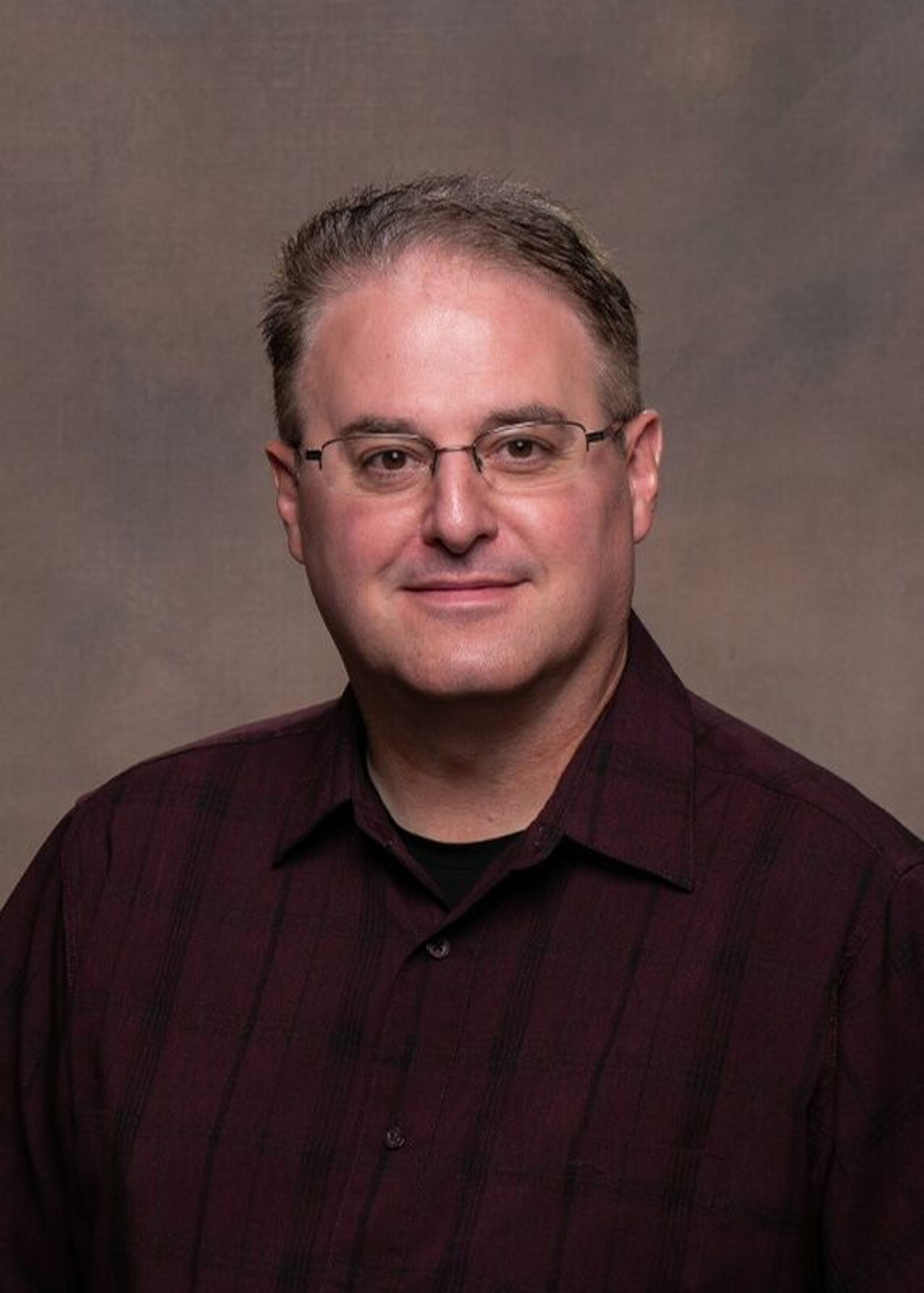Teachers get a chance to learn in labs
Instructors on east side of Washington augment their knowledge via Fred Hutchinson program
A western Washington-based research institution will travel across the state in hopes of inspiring the next generation of scientists, beginning by taking teachers out of the classroom and placing them inside the lab.
The Fred Hutchinson Cancer Center will visit eastern Washington for the first time, making its educational programs more accessible to rural teachers statewide. Educators from Whitman County and elsewhere will have the opportunity to be paired with a scientist, learning about cancer research through cellular biology and biotechnology.
The institution will drop by Spokane on July 10-16 and 22-28 to begin its three-week program educating teachers in Science, Technology, Engineering and Math (STEM). Eight teachers will have the chance to spend a week in a lab based in Seattle from July 12-21, in addition to their time in Spokane. They will also be able to take home laboratory kits for their students and adjust their curriculums.
Regina Wu, program manager at Fred Hutch, said the institution is a large organization of around 3,000 employees. Its main focus is cancer research, but scientists also conduct studies for COVID-19, infectious diseases and health disparities.
Wu said as well as science, the institution also prioritizes education. The Fred Hutch Pilot Program is one of many educational opportunities the organization offers to teachers both state and nationwide.
Since 1991, Fred Hutch has been connecting teachers and scientists to better understand cancer research and introduce cellular biology into the classroom.
Wu said Fred Hutch had always wanted to expand its professional development program to eastern Washington, but many barriers kept it based in Seattle. But after recently opening its Office of Community Outreach and Engagement in Spokane, the program reached the other side of the state.
“We’re just so excited to make biotech accessible to all teachers,” Wu said. “We’ve been trying really hard to be able to branch out to support all teachers in Washington. Teachers in cities have sort of that hands-on experience with a big university, but within a rural environment, it’s much less likely. I guess being able to give them that one-on-one experience within a research lab is pretty unique.”
Liv Craine, a science teacher at Pullman High School, said the program is one of the first opportunities she’s come across that offers teacher training and provides resources to bring back to the classroom. She added Washington State University offers mentorships with scientists, but it doesn’t, to her awareness, give laboratory equipment to take back to the classroom.
“I think Pullman is really fortunate to have WSU here, but it’s not compared to the resources that teachers and students have that live in the Seattle area,” Craine said.
Craine said her educational background is in plant biology, and she’s excited to expand her knowledge in microbiology to bring skills back to her students.
“It’s always really helpful as a teacher to have experiences where you are a learner again,” Craine said. “To be in a learner stance, it gives you the chance to become a better teacher. I’m excited to spend time this summer enhancing my ability to connect with students.”
Last year, Craine introduce a portion of Fred Hutch’s cancer unit into her biology classroom and said it was her student’s favorite part of the year. She plans to include cancer research in her curriculum this year, but students will be able to participate in a lab this time around.
One of the biggest barriers, Craine said, is providing science equipment to give students lab opportunities. She said physical resources can be expensive, and a class set can be hard to come by.
A part of Fred Hutch’s program is providing science kits to give students laboratory experience. Craine said this aspect is the “biggest piece” to remove barriers in teaching science.
“Kids constantly want to do more hands-on kind of work, and as a teacher it’s hard to plan that kind of stuff and it’s hard to budget for it,” Craine said. “Rather than memorizing parts of a cell, kids are learning about active fields of research in the lab. I think that can really inspire kids to continue a career in science.”
Wu said in addition to exposing teachers to cancer research and cellular biology, the program opens student’s eyes to the world of STEM.
“(The program) definitely inspires students to be able to go to the next level,” Wu said. “If a student is interested in STEM, fantastic. But also we’re hoping that hands-on learning gets students who don’t normally feel comfortable in the classroom to feel like they belong in science.”
Pearce can be reached at epearce@dnews.com








